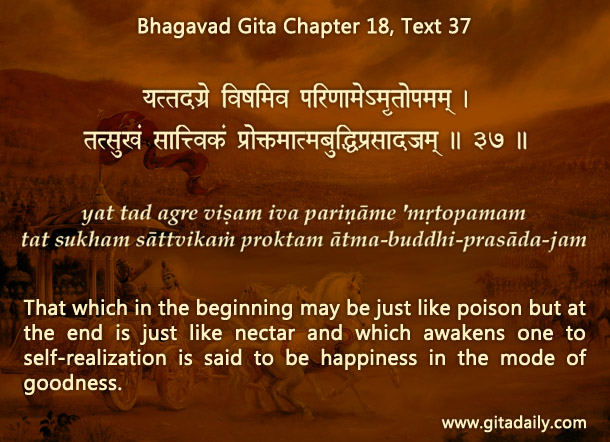Without spiritual direction religious regulation seems like pointless restriction or even painful repression
Suppose we’re walking along a road through mountainous territory toward a beautiful resort on the top of a mountain. On both sides of the road are protective barriers to prevent us from veering off and crashing down. But if there were a fog all around and we couldn’t see the beautiful resort or the road to it, we might think that the barricades are simply obstacles.
In the journey of life, we are all meant to go to a beautiful spiritual peak, to elevate our consciousness through spiritual practices so that we can experience lasting life and love. Along this path to the mountain peak, the barricades on the two sides are the religious regulations — they protect us from falling into the dangerous valleys of unfettered sensuality and unending entanglement.
However, in contemporary society, there is a huge fog that makes us blind to and forgetful of life’s spiritual direction and destination. Being thus blinded, we start seeking pleasure in the here-and-now and believe that such pleasure is the purpose of life. Consequently, rules that regulate indiscriminate sensual indulgences start seeming like pointless restrictions. Worse still, as contemporary culture exposes us constantly to images of unending sensual delights, not pursuing such delight starts feeling like painful oppression.
To prevent these negative perceptions, we need not moralizing discourses about the inviolability of moral regulations, but illuminating explanations about life’s higher purpose, as provided by Gita wisdom. By spiritual wisdom and practices, when we understand and glimpse the joys that await us in self-realization and pure devotion, then staying on the path within the road fences is seen as purposeful and productive. Even if we feel deprived, we see that deprivation positively, as the initial poison that will lead to eventual nectar (Bhagavad-gita 18.37).
Think it over:
- Where is life’s journey meant to be headed?
- What is the fog that distorts our vision? How?
- How can we change our vision of regulations?
***
18.37: That which in the beginning may be just like poison but at the end is just like nectar and which awakens one to self-realization is said to be happiness in the mode of goodness.
To know more about this verse, please click on the image
Explanation of article:
Podcast:



This is amazingly helpful and so beautifully written! Thank you!! Hare Krishna!
JAPA is the boat that sails through MAYA